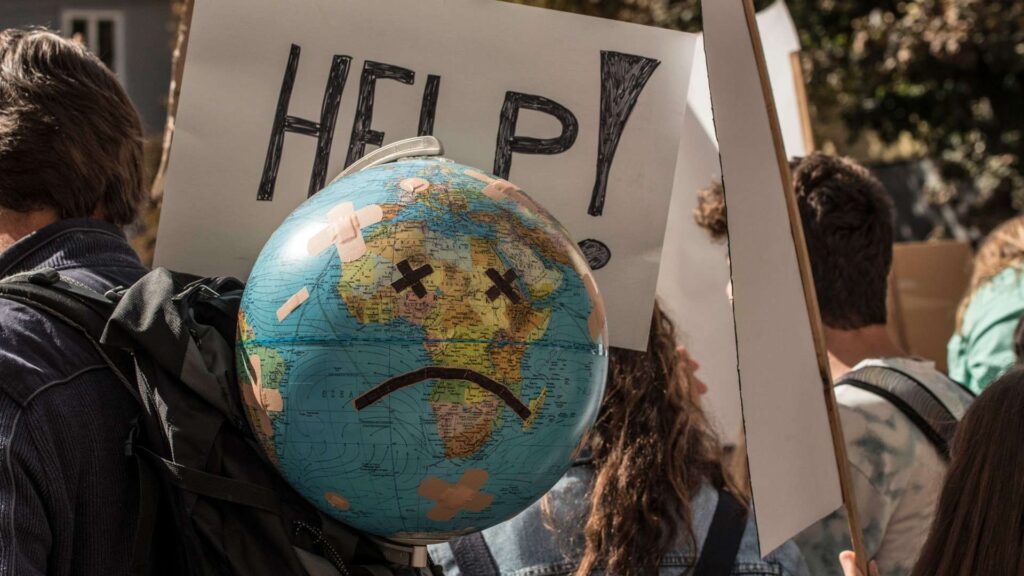On the Frontlines of a Changing Climate

Africa, a continent of immense beauty and rich biodiversity, stands as a stark example of the unequal burden of climate change. While contributing minimally to global greenhouse gas emissions, its diverse regions are experiencing some of the most devastating impacts, threatening its environment, economies, and the well-being of its people.
Temperature on the Rise: Across the continent, temperatures are rising at an alarming rate, exceeding the global average. This warming trend is particularly pronounced in the Sahel region, where temperatures have increased by as much as 3°C since the late 19th century. These changes are disrupting weather patterns, leading to more frequent and intense droughts, floods, and heatwaves.
Water Woes: Rainfall patterns are becoming increasingly erratic, with longer dry spells punctuated by intense downpours. This is putting immense strain on water resources, leading to widespread water scarcity and threatening food security. Millions of Africans rely on rain-fed agriculture, and these changing patterns are making it increasingly difficult to grow crops, pushing communities towards hunger and malnutrition.
Rising Seas: Coastal communities are facing the threat of rising sea levels, which are projected to inundate low-lying areas and displace millions of people. This is particularly concerning for island nations and countries with extensive coastlines, where saltwater intrusion is salinating agricultural land and disrupting ecosystems.
A Loss of Nature’s Bounty: Africa’s unique ecosystems, from the lush rainforests of the Congo Basin to the vast savannas of East Africa, are under immense pressure from climate change. Rising temperatures and habitat loss are pushing iconic species towards extinction, disrupting vital ecosystem services, and impacting the livelihoods of communities that depend on them.
Resilience in the Face of Adversity: Despite these challenges, Africans are not simply passive victims of climate change. Communities across the continent are demonstrating remarkable resilience and innovation. From adopting drought-resistant crops to developing early warning systems, they are finding ways to adapt and build a more climate-resilient future.
A Call to Action: Africa’s fight against climate change is not its own. International cooperation and support are crucial. Developed nations must fulfill their commitments to provide financial and technological resources to help African countries adapt and mitigate the impacts of climate change. Investing in renewable energy, sustainable agriculture, and climate-resilient infrastructure can empower African communities to build a more secure and prosperous future.
The story of climate change in Africa is a story of both vulnerability and resilience. It is a call to action, a reminder that the fate of this continent is intertwined with the fate of our planet. By acknowledging the challenges Africa faces and supporting its efforts to adapt, we can work together to build a more just and sustainable future for all.
Let us stand with Africa, not just in acknowledging its struggles, but in supporting its solutions. Together, we can ensure that the continent’s rich tapestry of cultures, landscapes, and people thrives in the face of a changing climate.

